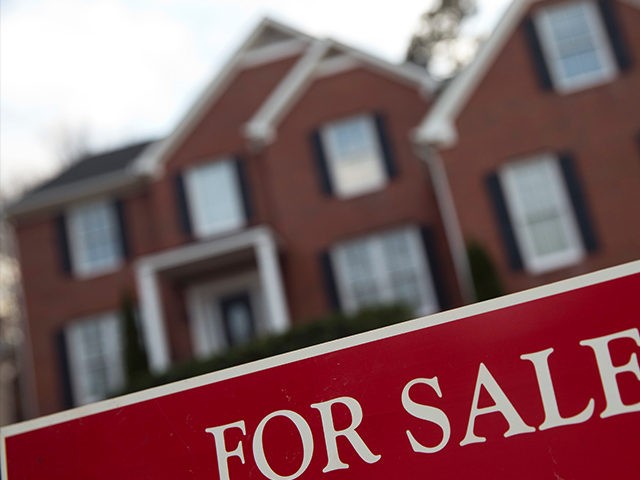A year-end study by Zillow, the real estate website, revealed that U.S. home values soared in 2017 reaching a record $31.8 trillion. Its list of the nation’s 35 largest markets included four Texas metropolitan areas that made impressive gains, notably Dallas-Fort Worth and Houston.
The online realty network reported on the rock solid strength of U.S. housing stock. This year, it hit $31.8 trillion, a gain of $2 trillion. Zillow estimated the cumulative values of the nation’s housing market grew at a 6.5 percent increase, the fastest annual pace in four years.
For many Americans, their homes provide the single largest source of wealth. According to Zillow, the housing market gained $9 trillion following the lowest ebb of the recession that hit a decade ago. Since 2013, the year recognized as the beginning of the housing recovery, U.S. home values have risen eight percent annually.
“This was a record year for home values,” said Zillow senior economist Aaron Terrazas in a prepared statement. “Strong demand from buyers and the ongoing inventory shortage keep pushing values higher, especially in some of the nation’s booming coastal markets.”
Among the nation’s 35 largest markets, the Los Angeles-Long-Beach-Anaheim and New York-Northern New Jersey metropolitan statistical areas (MSA) comprised more than eight percent of the value of the nation’s housing, worth $2.7 trillion and $2.6 trillion, respectively. San Francisco home values hit $1.4 trillion.
Dallas-Fort Worth experienced one of the largest percentage gains of home values in the country, according to Zillow. The white hot housing market saw its stock values spike 12.3 percent, worth $517.8 billion this year.
In 2015, Breitbart Texas reported on the already sizzling DFW residential market which industry experts attributed to strong economic growth across the Metroplex and a population boom largely propelled by a swell of corporations and families pouring into North Texas. Between 2010 and 2014, the DFW MSA population grew by nearly 530,000 to roughly seven million people.
According to Zillow, Houston home values jumped a respectable 5.4 percent to reflect assets of $393.4 billion. Austin experienced a 7.8 percent increase, representing $174.7 billion in housing stock. San Antonio homes increased 7.1 percent translating into $125.4 billion.
Breitbart Texas reported that other analysts have attributed the state’s white hot home values and skyrocketing prices to short inventories created by a constant influx of families and companies relocating to Texas, mainly Californians who cashed out when selling their homes in overinflated real estate markets and then paid outright for new Texas houses.
Between 2008 and 2014, California corporations accounted for 15 percent of the companies that either moved their headquarters or expanded their operations in Texas, drawn to the state’s business-friendly climate. Then, from 2014 to 2015, nearly 500,000 people relocated to Texas. In 2015-16, the state added more than 432,00o new residents. The Texas population ballooned to 28.3 million between 2016-17, up from 21 million in 2000.
In November, Zillow estimated that, overall, Texas home values rose nearly seven percent in the past year. They predicted an increase of nearly four percent in 2018.
Zillow also estimated that U.S. renters spent a whopping $485.6 billion in 2017, an increase of $4.9 billion from 2016. Renters in New York and Northern New Jersey forked out the most cash for rental housing, $54 billion. The Los Angeles metro area came in second with renters collectively handing over $38.6 billion, up 3.6 percent. Chicago renters paid $15.2 billion.
Dallas-Fort Worth renters paid $11.8 billion, up 2.4 percent from 2016. Houston rents totaled $10.3 billion, although renters decreased by 2.3 percent. In San Antonio renters shelled out a more modest $2.9 billion for housing. Rents also decreased in Austin by 2 percent totaling $3.9 billion.
Follow Merrill Hope, a member of the original Breitbart Texas team, on Twitter.

COMMENTS
Please let us know if you're having issues with commenting.